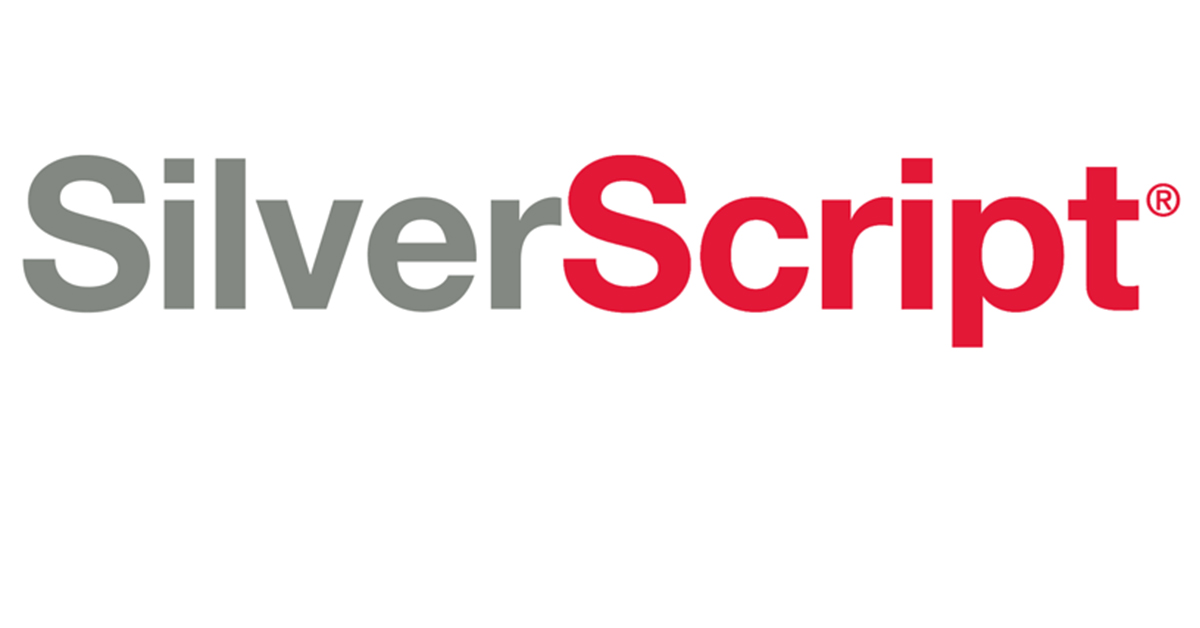SilverScript is a Part D prescription drug plan with a $0 annual deductible, making it a popular plan among Medicare recipients who want to manage their healthcare costs. Under a SilverScript plan, many prescriptions have no copay.
SilverScript is an insurer that focuses exclusively on prescription drug plans.
There are three SilverScript plans (Choice, Plus, and Allure) each with its own formulary. It is important to check your currently prescribed drugs against the formulary in order to maximize the benefits of a SilverScript plan.
All Part D plans organize drugs into cost-sharing tiers. In general, the higher the tier, the higher the out of pocket costs to covered individuals.
SilverScript plans use five tiers:
Tier 1: Preferred Generic
Tier 2: Generic
Tier 3: Preferred Brand
Tier 4: Non-Preferred
Tier 5: Specialty
At the lowest tier are low cost generic drugs. The tiers then progress to more expensive prescriptions, including specialty drugs and very high cost generics. You should evaluate the formularies of each plan and determine where your drugs fall within the tiers of each. When evaluating the total cost of a plan, you need to consider not only which drugs you are prescribed, but also how much of each drug you are taking.
You should be aware of three features when evaluating plans: prior authorization, step therapy, and quantity limits.
Prior authorization requirements apply to certain drugs or drug categories and mean that your plan must approve the use of a prescribed medication. You may also need to consider whether your condition requires step therapy. A step therapy requirement mandates that you use a certain alternative drug (Drug X) approved to treat a medical condition, as opposed to a different approved drug (Drug Y). A covered individual will be approved to use Drug Y under the plan only if Drug X does not work for, or a prescriber indicates why Drug X can’t be used. Step therapy requirements and prior authorization requirements can vary among SilverScript plans. Quantity limits exist predominantly to prevent misuse of a drug by setting limits on how much of certain drugs will be covered under your plan.
Even if one of your critical prescriptions is not covered by your plan, there are ways to obtain coverage. By applying for an exception, you can request that a certain drug not included in your formulary be covered.
You may also use an exception to waive a restriction, such as a quantity limit, or even request that your copayment for a specific drug be covered at a lower cost sharing tier amount (under certain conditions). A prescriber must provide a written statement explaining the medical reasons for your exception. You will receive a decision on your exemption in 72 hours, or in 24 hours for a medically necessary expedited request.
